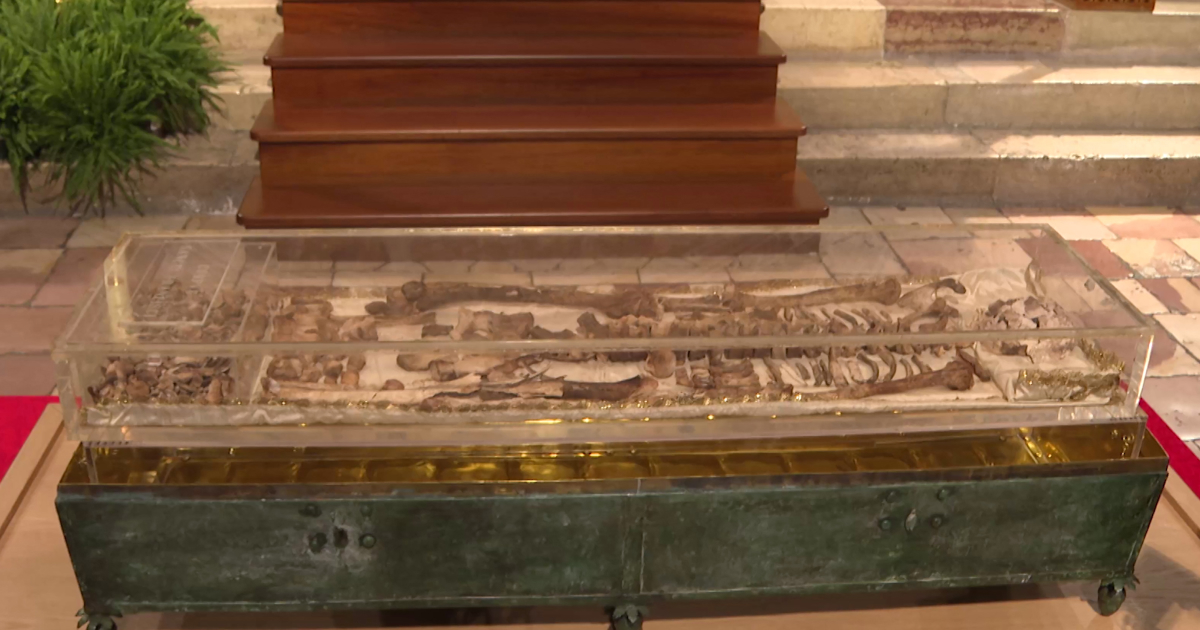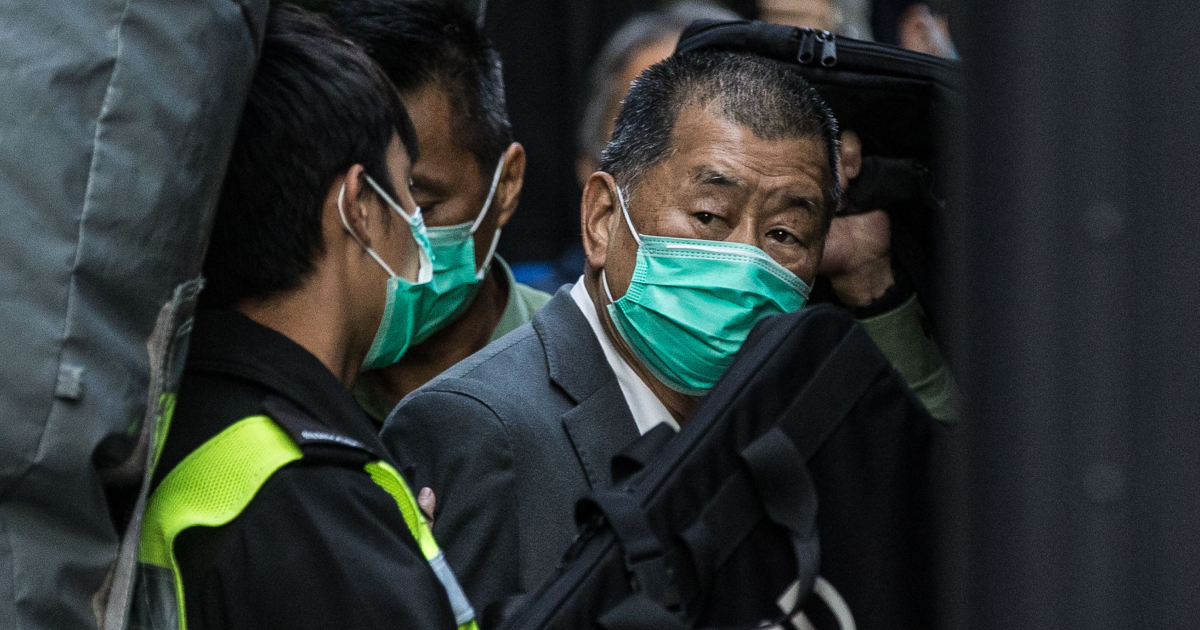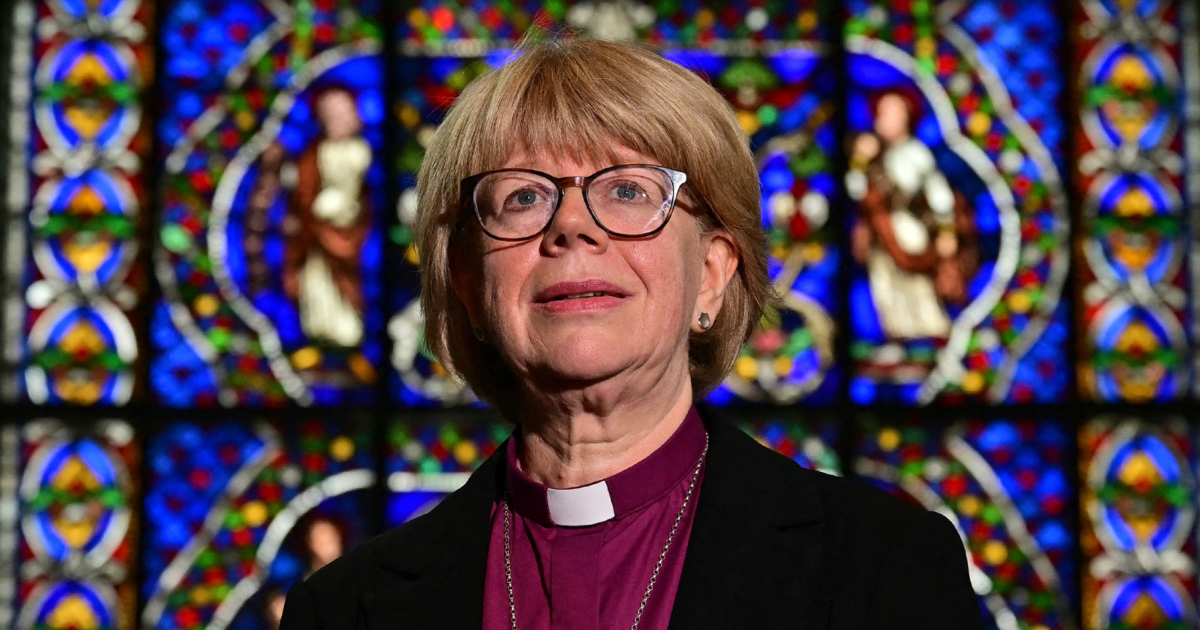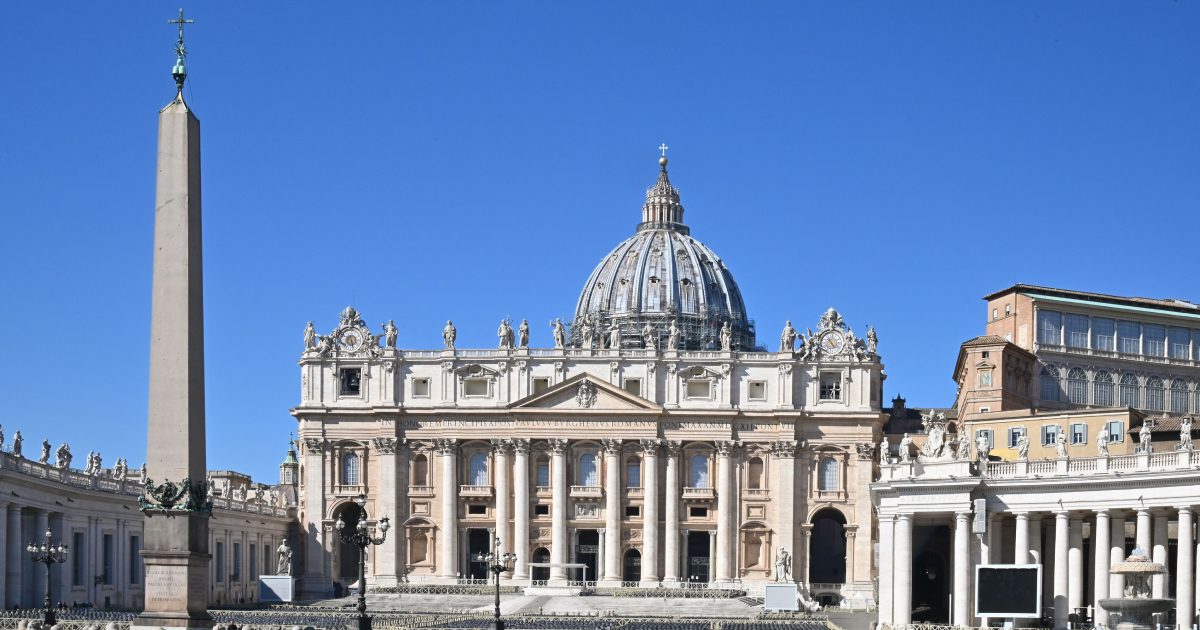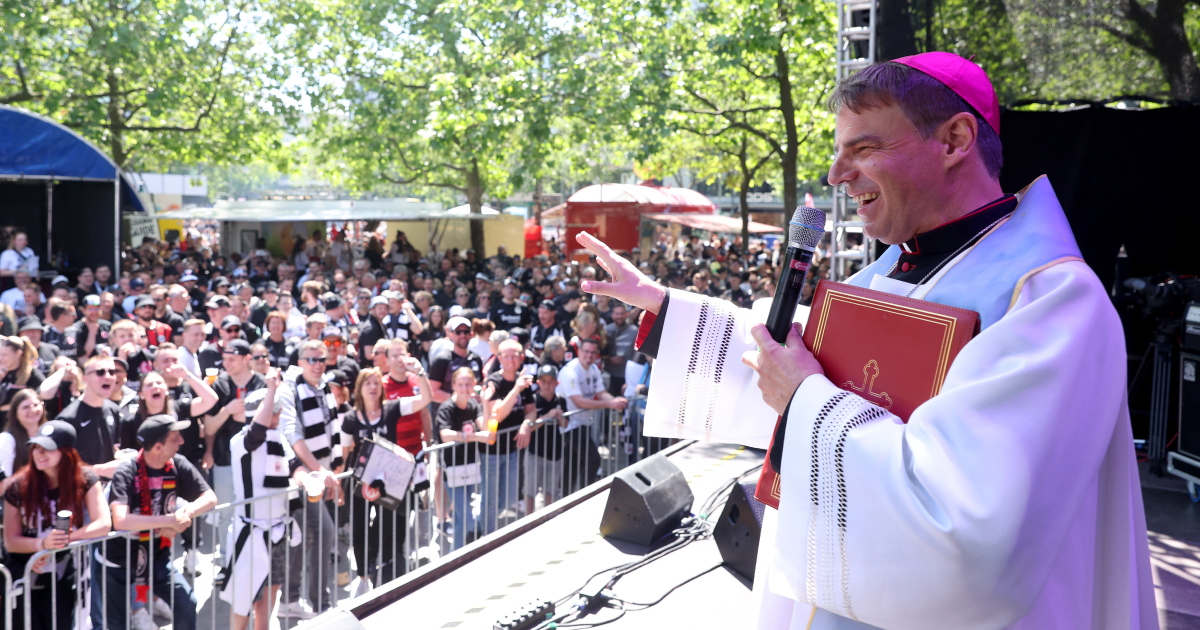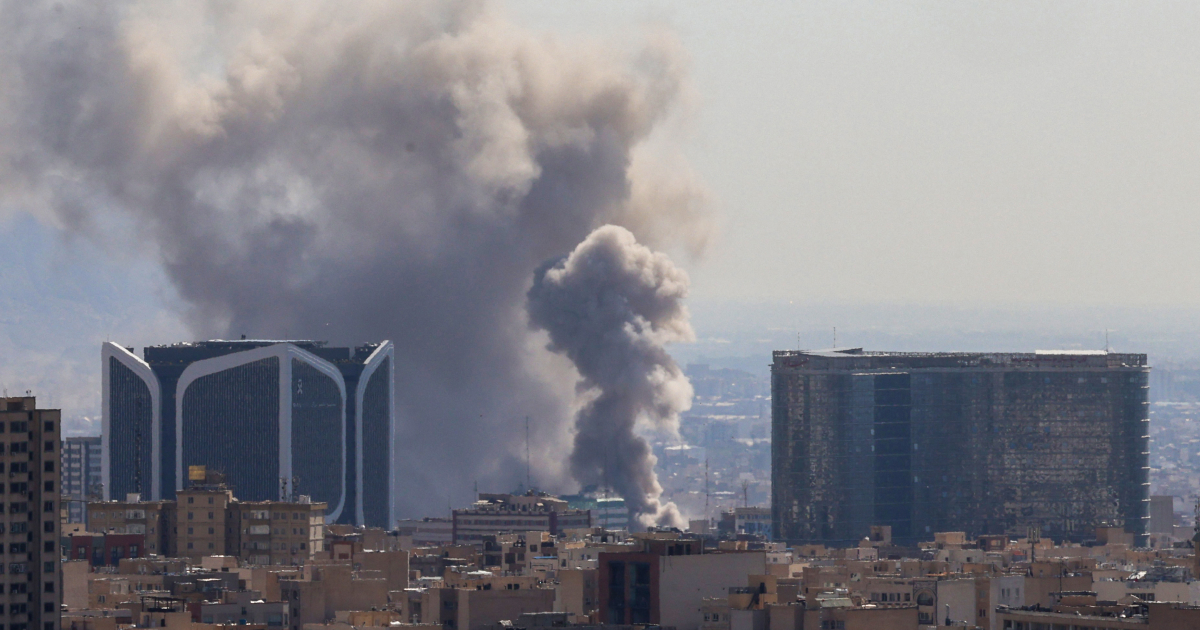The illicit episcopal consecration of Father Joseph Wu Jianlin in Shanghai has been set for 15 October, in a move that appears to signal the collapse of the Vatican’s fragile understanding with Beijing over the appointment of bishops.
Father Wu, who currently serves as auxiliary bishop of Shanghai, was appointed by the state-controlled Chinese Patriotic Catholic Association on 29 April, eight days after the death of Pope Francis.
Due to the passing of the late Pope Francis, the papal see was vacant, and the appointment was therefore never recognised by the Holy See. The decision to proceed with his ordination during the interregnum, and without papal approval, represents a direct violation of the Vatican-China deal and canon 1382, which forbids the consecration of bishops without a pontifical mandate.
The ceremony is expected to take place at the Cathedral of St Ignatius in Shanghai, the same church where, just last year, Chinese authorities unilaterally installed Bishop Joseph Shen Bin without Vatican consent.
On that occasion, the Holy See responded three months later by accepting Shen Bin as the legitimate bishop of Shanghai, in what many observers described as a reluctant attempt to preserve the 2018 Provisional Agreement between the Holy See and China. That agreement, renewed three times and extended to 2028, was designed to ensure mutual consultation on episcopal appointments.
Only about a dozen bishops have been appointed under the terms of the agreement, and even those arrangements have often been opaque. The episcopal consecration of Wu Jianlin now threatens to undo years of cautious diplomacy. It is widely regarded as an assertion by the Communist Party that the state, not Rome, retains ultimate control over the leadership of the Catholic Church in China.
Cardinal Pietro Parolin, the Vatican Secretary of State and principal architect of the deal, addressed the issue indirectly in an address at Rome’s Pontifical Urban University on 10 October. Speaking at the opening of the academic year, he described the agreement as “a tool to be used … to be renewed even in the face of difficult moments and stalemates”, urging patience and faith in its long-term fruits.
He drew a historical parallel with the Council of Shanghai of 1924, which sought to establish a truly Chinese hierarchy while maintaining unity with the Pope, and noted that the Church’s path in China has always been marked by “setbacks, difficulties and traumas”.
Despite the apparent violation of that agreement, Cardinal Parolin told reporters that the Vatican’s cooperation with China on the appointment of bishops “continues to move forward”.
The ordination of Wu Jianlin could prove a defining test for the new pontificate. Whether the Vatican responds with condemnation, silence, or another attempt at accommodation may determine the future of the entire diplomatic framework between Rome and Beijing.
The Diocese of Shanghai has long stood at the centre of the struggle between the Communist authorities and the Catholic Church. In 1955, Bishop Ignatius Kung Pinmei was arrested with hundreds of priests and lay leaders for refusing to join the Patriotic Association. He spent more than three decades in prison before being released and later recognised as a cardinal in pectore by Pope John Paul II.
Since then, successive Popes have tried to restore unity between the “official” and “underground” Churches in China. Benedict XVI’s 2007 Letter to Chinese Catholics called for reconciliation, while Francis renewed the provisional agreement with the hope of healing old divisions. Now, with an illicit episcopal consecration proceeding in Shanghai, the question of who truly appoints bishops in China has resurfaced with renewed urgency.
(Photo by Kevin Frayer/Getty Images)








